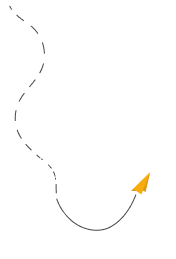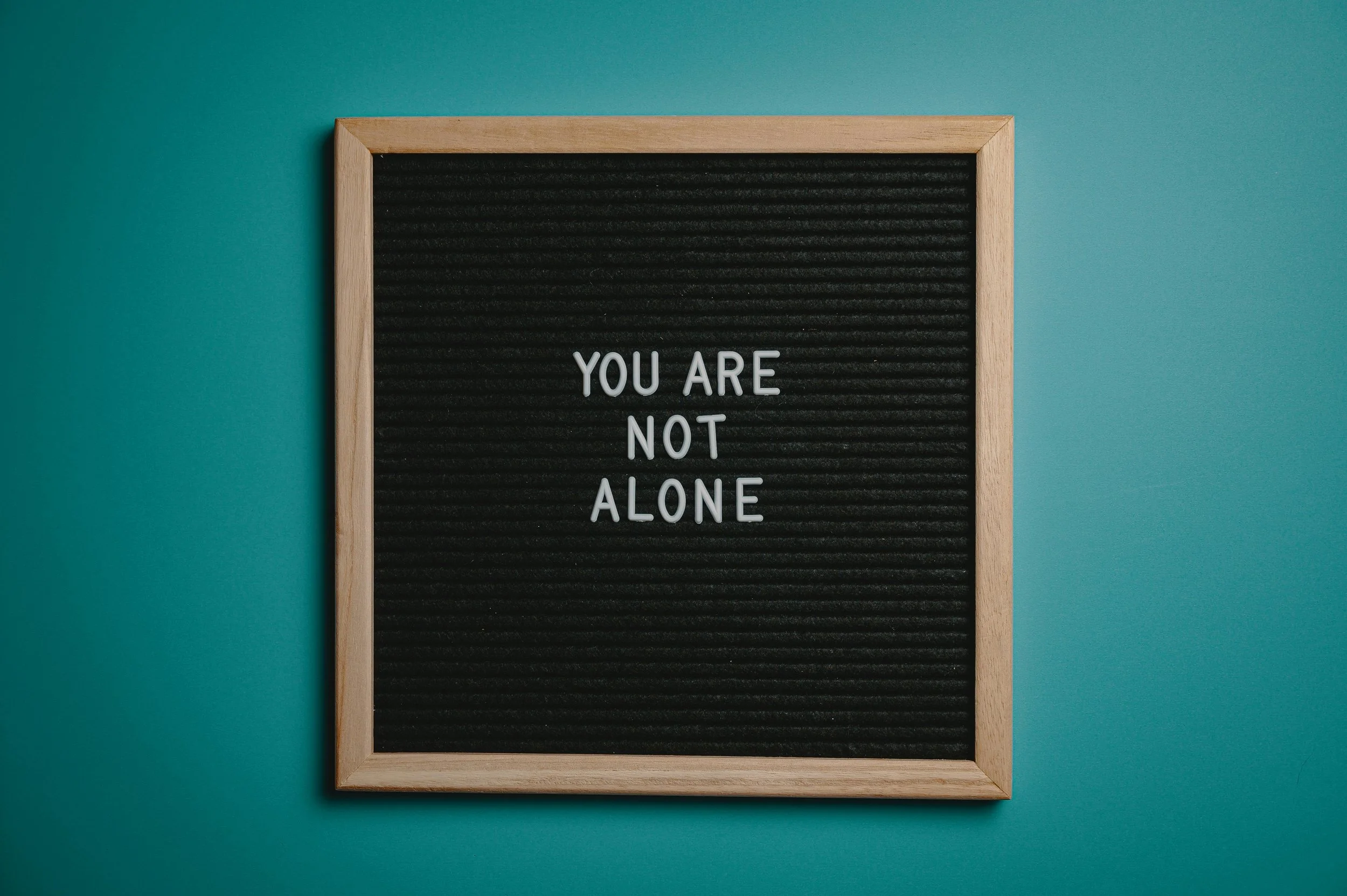How Recovery Coaching Supports Families and Carers of NDIS Participants

At a glance:
Recovery coaching fills the support gap for families and carers, who are often overlooked despite their vital role in the participant’s recovery.
Recovery coaches offer emotional support to carers, providing a safe space to share frustrations and reduce isolation.
Coaches act as bridges between clinical language and lived experiences to reduce misunderstandings and help families support recovery with clarity and empathy.
Recovery coaching helps participants gain independence while easing the caregiver’s challenges and fostering better relationships.
When someone has a psychosocial disability in the family, the condition can affect the whole family besides the person with disability. There are programs like the National Disability Insurance Scheme (NDIS) that are designed to support the participants and their individual goals. However, the families and carers who play a crucial role in the recovery of the NDIS participants can sometimes feel overlooked.
This gap has opened up opportunities for solutions like psychosocial recovery coaching. It focuses on long-term mental health recovery of participants by supporting them in building skills, confidence and independence. In doing so, recovery coaching naturally extends it’s benefits to families and carers by supporting them throughout the journey.
As a leading NDIS service provider in Australia, we'll help you understand how recovery coaching supports families and caregivers of NDIS participants through this blog.
Challenges Faced by Families and Carers of NDIS Participants
Families and carers play an important role in supporting the psychological recovery of NDIS participants. They are irreplaceable in helping NDIS participants with things like daily routines, managing appointments, and offering emotional support and stability.
That said, it is common for carers and families to encounter various obstacles when engaging with registered NDIS individuals. The obstacles usually include:
● Emotional fatigue and burnout from ongoing mental health challenges and a constant lookout for NDIS recipients.
● Role confusion as they try to balance care with personal boundaries.
● Lack of support or understanding from the support programs that focus mostly on the participant.
This is where recovery coaching comes in as a valuable support system. On the one hand, it helps the NDIS participants develop their independence and social skills, and on the other hand, it eases the pressure on the families and carers.
Read More: Can Psychosocial Recovery Coaching Improve Your Autonomy & Independence?
How Recovery Coaching Benefits Families and Carers
Now that we understand that recovery coaching can be a lifesaver for families and carers of NDIS participants, let’s discuss how it can help them in more detail.
Improved Communication and Understanding
Communication can be stressful and confusing when you are supporting someone with psychosocial disabilities. Families and carers may not understand the behaviours and challenges of NDIS patients. The result? There is an increased misinterpretation and, hence, frustration for both sides.
In such a condition, a recovery coach can bring a mental health-informed perspective to the conversation, which allows the participants and their families to communicate and understand each other openly. They help families and carers develop a clearer understanding of psychosocial recovery, what it looks like, how it progresses, and why setbacks may occur.
Moreover, recovery coaches act as translators between clinical jargon and lived experiences. They simplify complex concepts and offer practical advice in ways that resonate with both the participant and their family members.
Emotional Support for Carers
Caring for someone with a psychosocial disability can be emotionally demanding. Moreover, it can sometimes even be isolating. Those responsible for caring for NDIS service users are required to switch between multiple roles. For instance, sometimes, they are a support person, while at other times, they need to act as an advocate or a family member. Juggling multiple roles can lead to stress and burnout, with feelings of helplessness being very common.
When left unaddressed, stress and burnout can erupt in a sudden burst, affecting both the participant and the supporter.
That said, while recovery coaching is primarily focused on the participant, the ripple effect of support coordination offers carers much-needed emotional support. Coaches often provide carers a supportive ear during the recovery and development process. This gives carers a safe and neutral space to share concerns, process frustrations, and receive validation.
This partnership enables carers to feel heard, understood, and less alone in their caregiving journey. Moreover, it also equips them with strategies to navigate difficult situations and maintain their mental well-being during times of uncertainty, relapse, or crisis.
Goal Alignment for Everyone Involved
NDIS recovery coaching takes a broad approach to independence, which means it is not uncommon for participants and their families to have different ideas about what recovery should look like. Misaligned goals can cause tension, miscommunication, and inconsistent support.
A proper NDIS plan management can help overcome this challenge. Recovery coaching offers a structured space for joint planning that encourages everyone, from participants to their families and caregivers, to come together and set shared, realistic goals.
This helps reduce conflict and provides clear direction. But more importantly, it ensures that the participant receives the support they need to stay on track.
Read More: Navigating Relapses and Setbacks: How Your Recovery Coach Can Help
Encouragement of Independence
The ultimate goal of any NDIS recovery is to help participants build capacity and confidence. Recovery coaches help participants acquire new skills and learn self-management strategies. These skills and strategies often enable them to handle day-to-day responsibilities better and make decisions.
So, how does this help the families and carers? For families and carers, this growth offers relief from managing daily tasks for the participants. It allows them to step back in healthy ways, set boundaries, and rediscover balance in their own lives.
This shift reduces caregivers’ load, but more importantly, it fosters a more respectful and empowering relationship with the participant.
Read More: Signs You Might Benefit from a Psychosocial Recovery Coach under NDIS
The bottom line is that the NDIS recovery program is a long and daunting process. This means the recovery and development process affects more than just the participants. Families and carers are critical to the long-term well-being of individuals with psychosocial disabilities, but they need support, too. The support that can often be overlooked.
Recovery coaching bridges the gap between participant progress and caregiver well-being, ensuring that no one is left behind. If your family is ready to embrace a more balanced, informed, and supportive approach to psychosocial recovery, consider adding psychosocial recovery coaching to your NDIS plan. It could make all the needed difference for everyone involved.
If you're looking for the best support for NDIS participants and their caregivers, consider connecting with Clearpath NDIS. Contact us today to ensure that you and your family who’s a NDIS participant can work together towards the ultimate goal of building capacity and confidence.
All of this while the families and carers do not have to go through stress and burnout.
Discover More Insights Here
Explore our collection of informative articles.




